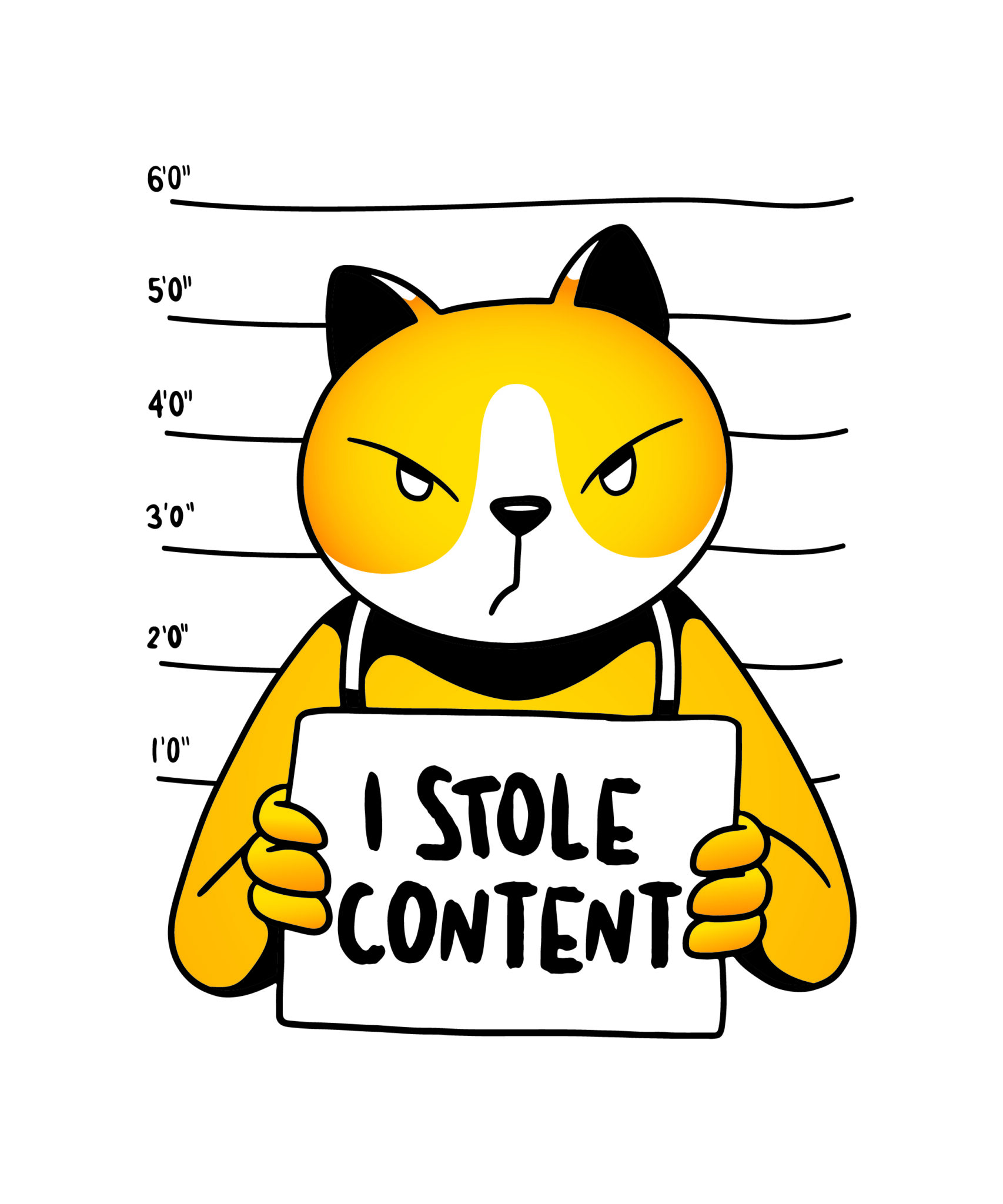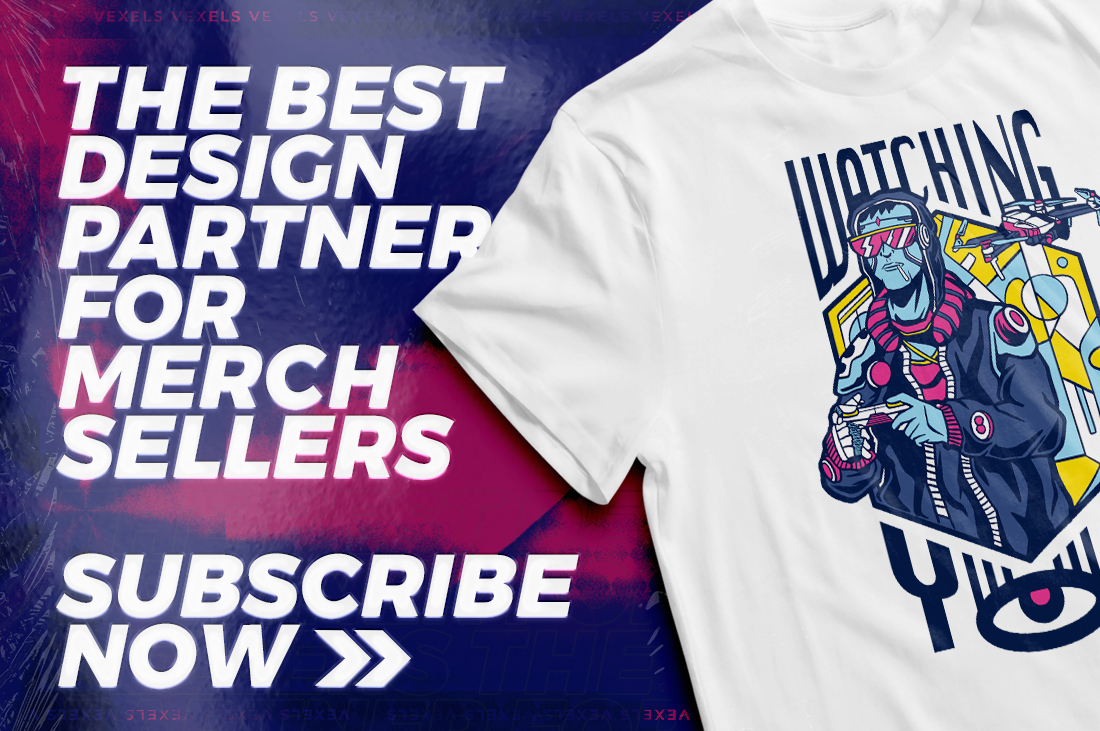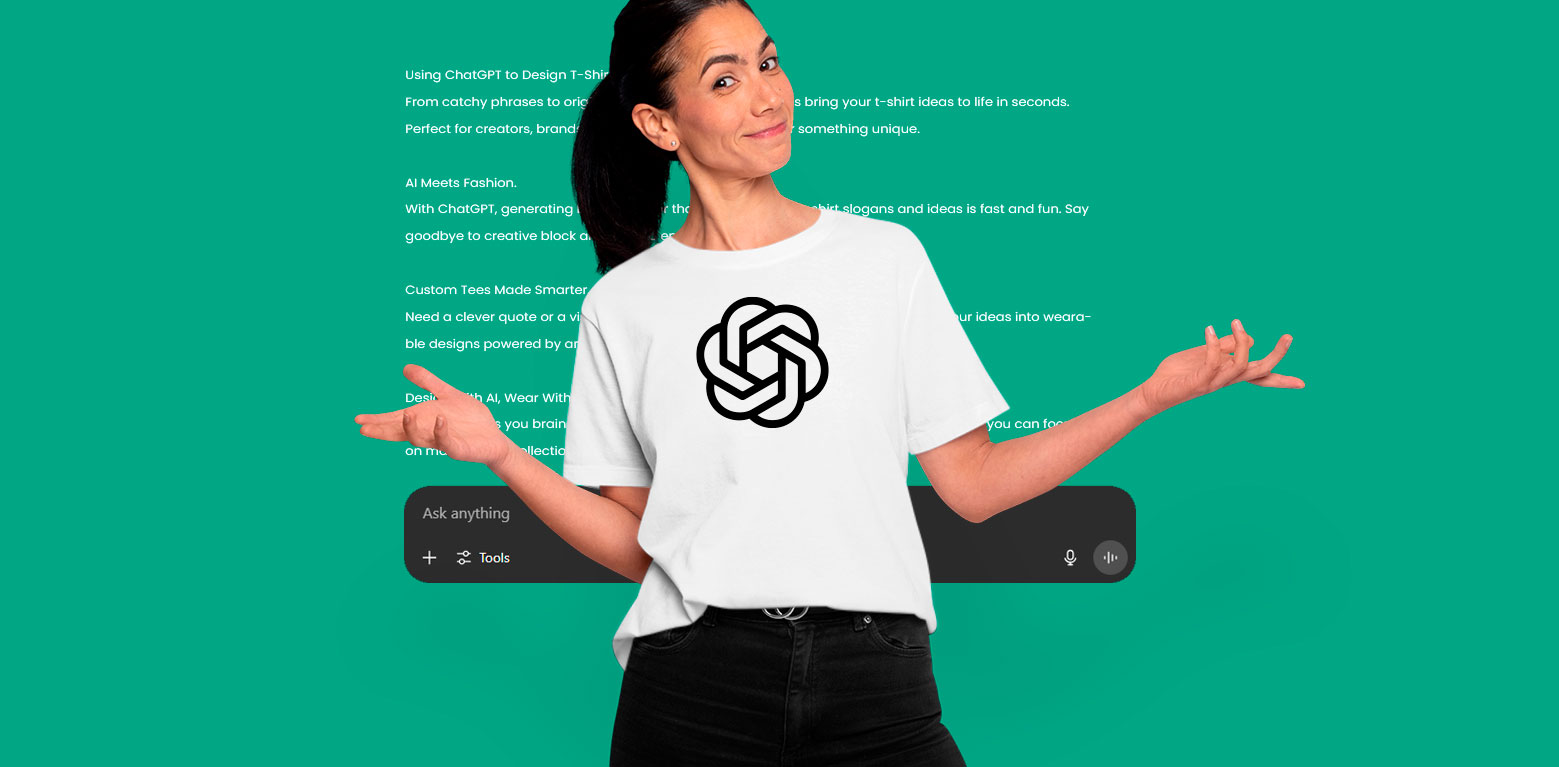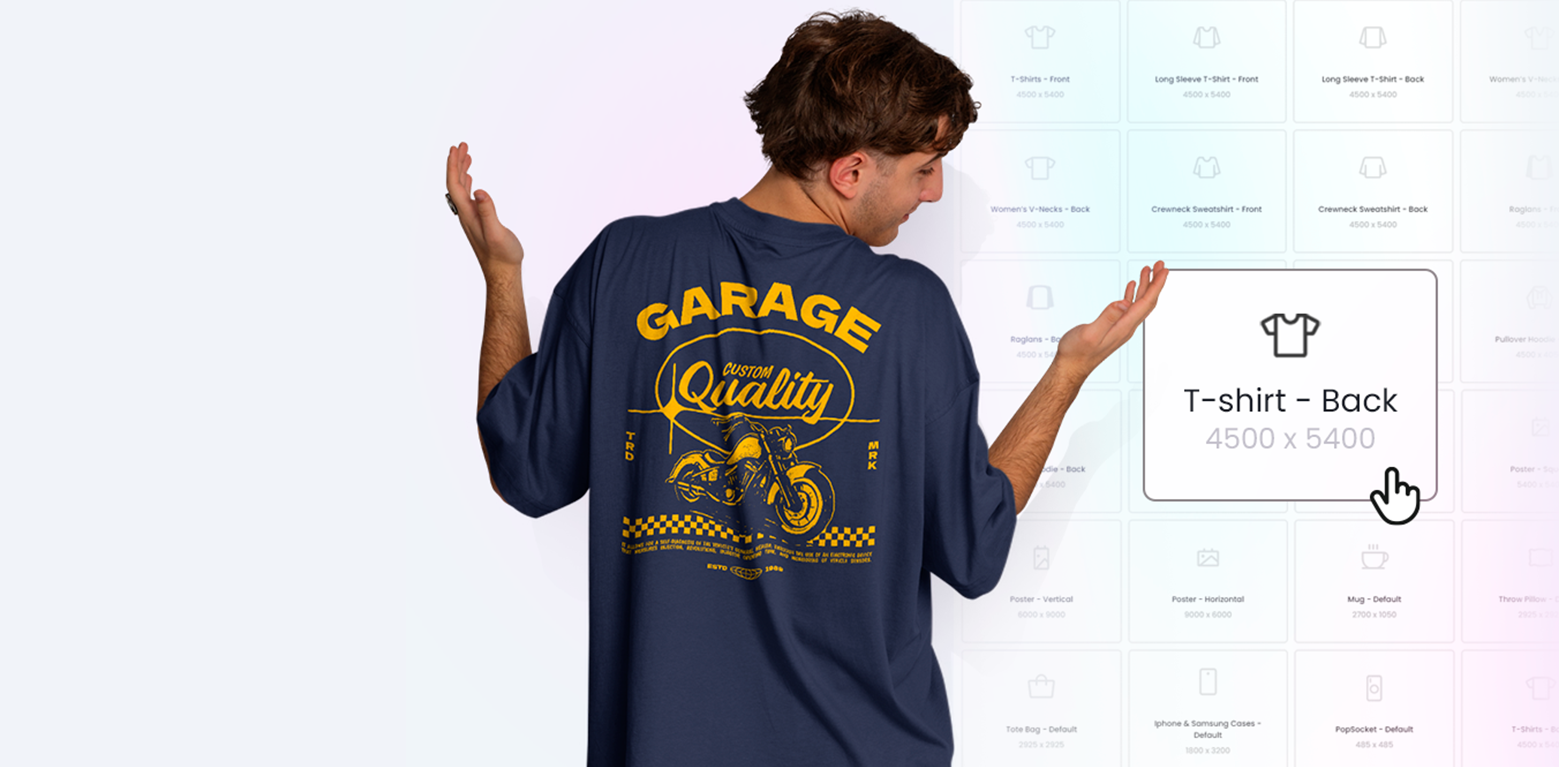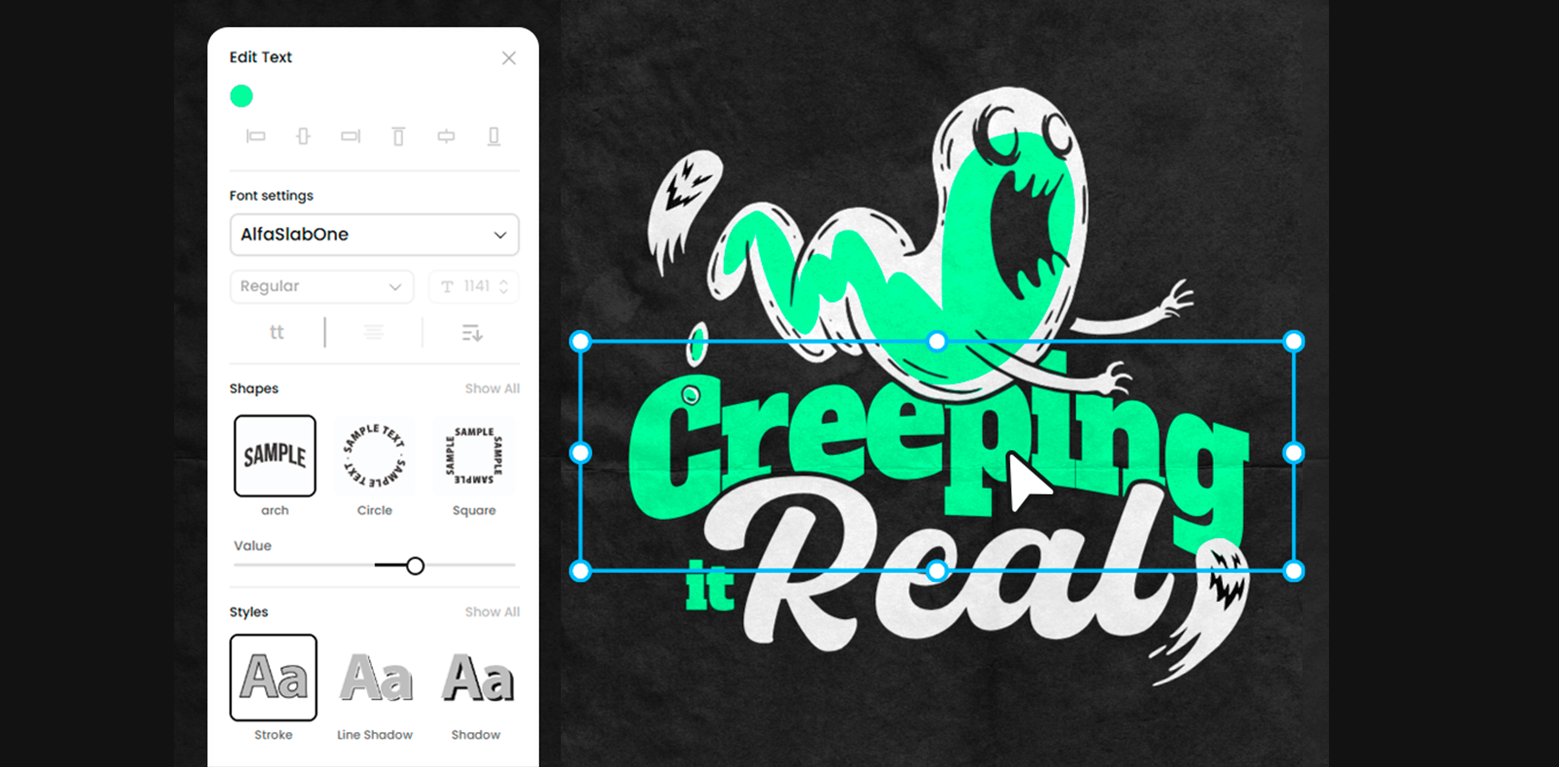Are your uploads constantly getting flagged when setting up new products on your store?
Have you got any warnings putting your account in risk? Worried about a lawsuit?
Intellectual property (IP), Copyright and Trademarks are concepts that may be complicated to understand and make your merch journey uphill.
In this guide, we will tackle the main elements that you can have in mind to avoid your listed articles being flagged or even your account getting suspended from the selling platforms of your choice, keeping your content lawful.
Before going on, we must make it clear that we are not lawyers and this article doesn’t intend to be actual legal advice. We strongly suggest that you get in contact with an actual IP lawyer if you get into any trouble, and just use this guide as information to prevent any problems.
What is Intellectual Property? Is it the same as Copyright?
According to the World Intellectual Property Organization, it’s the concept used for the property of creations of the mind, such as inventions, artistic works, literary pieces, titles, names, and also images, symbols and designs.
Copyright is the legal right that protects the works and the authors, allowing the holders of this rights to make copies, distribute, modify or translate.
For most countries and international conventions, a creation remains protected by at least 50 years after the author’s death, extending up to 70 or 90 years in some cases. You should respect this period (and consider the longest) to be safe.
In this guide, we will tackle the main elements that you can have in mind to avoid your listed articles being flagged or even your account getting suspended from the selling platforms of your choice, keeping your content lawful.
What about trademarks?
Trademarks are used to recognize a business or its product’s intellectual property, mostly for commercial use. They are regulated by governmental and international organizations.
Once registered, they can last forever if the fees are paid and the ownership is properly renewed.
If a trademark is being used by its original owner, it’s probably not going to expire.
This can include, and it’s not limited to, logos, quotes, shapes, characters, and brand names.
As an example, even 50 years after its creator’s death, Mickey Mouse is trademarked and being used for commercial purposes by a Disney corporation, and you would need their permission in order to print the famous character on a merch item as a mug or a T-shirt.
In the vast majority of cases, using trademarked content with commercial intentions is a no-go.
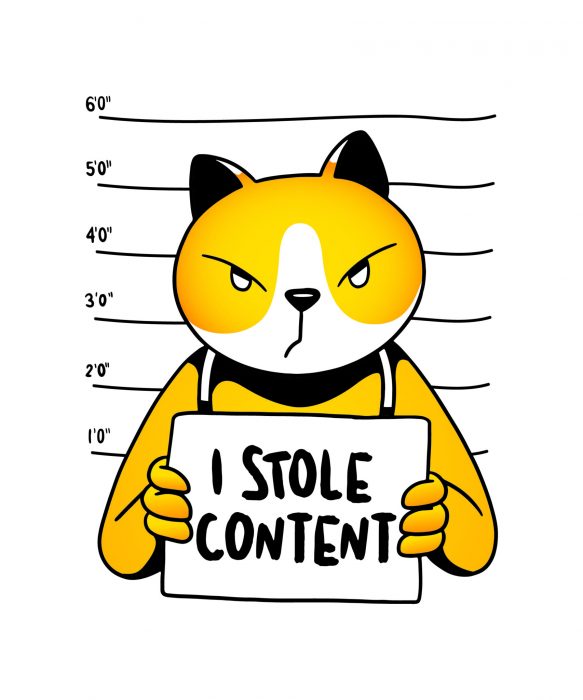
So, is there any creative work that isn’t protected by copyright or that I can use for my creations?
The public domain is defined as a negative space, and consists of the creative works that aren’t copyrighted. This includes expired/forfeited rights, rights expressly waived by the author or owner(s), and some cases where copyright is inapplicable. This term can be interchanged with other terms as “public sphere” or “commons”.
You can use pictures, photographs and quotes in the public domain as part of your content! Maybe try to use them as elements on a PSD T-Shirt?
There are tons of great pieces in old books, catalogs and libraries. Be creative in your research!
Is there any way to use copyrighted content without permission of the owners?
Most laws authorize “fair use” of copyrighted content, for limited and transformative purposes as commentary, criticism, or parody. This may allow commercial use of certain elements, but is far away from being a copyright-free-pass.
When using similar or parody designs linked to any copyright protected element, the main thing to consider is avoiding commercial harm. This means that your product, if talking about merch items, must not have the potential to interfere with the sales of official merchandise of the content you are making your design about, even if the content doesn’t have a store or sells merchandise.
If you need to picture an item that is difficult to find as a generic without copyright (think of elements that are only made by corporations, as a car, gaming consoles or a pair of sneakers), you can use designs that remind of similar concepts, but having a few rules in mind:
- Absolutely no trademarked elements. Forget logos and slogans!
- An expert shouldn’t be able to recognize details of the original, so avoid using the same configuration or buttons that a classic console uses if you are drawing a controller.
- General public shouldn’t realize that the main aspects of the design are copyrighted, so avoid to base your design on only one reference, being even more careful if we are talking about a popular element.

This panda is gaming with a copyright-safe controller.
Parodies are allowed by most laws (again, avoiding the use of trademarked elements), with the only purpose of criticism. Think commercial harm again.
I think that's enough about laws. What can I actually upload to POD’s?
Print on Demand and merch e-commerce sites make a great effort to avoid legal issues. Most of them have clear policies about the content they allow users to upload, and specifically make users responsible for copyright infringements.
They track images and texts for every upload, so alongside with the article, you should be really careful with the title, description and tags, and try not to mention or use copyrighted content when pursuing sales.
Have in mind that the copyright rules may change from a country to another, and be aware of this if you are targeting international sales.
Merch by Amazon demands “clear documented rights” to use any person name, likeness or image (no celebs allowed!), or images, logos or names protected by intellectual property.
To upload non-original elements to Redbubble, you will need written permission from the copyright owner.
Printful refers to the US laws, asking their users to have documented rights to use the designs they upload.
Some platforms such as Zazzle are even more careful with their rules, mentioning potential copyright violations between their not allowed content, to ensure their users don’t benefit from grey legal areas.
How can I be sure that my content is safe?
At Vexels, we have a great team of designers creating merch-ready original content following exhaustive research on trends, seasons and niches.
If you struggle to find any specific content, keep in mind that our subscribers have an amount of design requests to make every month and fit your needs.
All our merch content is downloaded with a proper license file to your name.
If you are using content from other parties, we can recommend some resources to check for copyright:
Among official resources you can refer to the United States USPTO, the United Kingdom UKIPO, European Union EUIPO and German DPMA.
You can also try non-official useful tools such as the Google Chrome extension Merch Checker when uploading designs to a store.
It’s also a great idea to use Google or TinEye reverse image search tools to check if your image/illustration is too similar to a copyrighted image.

